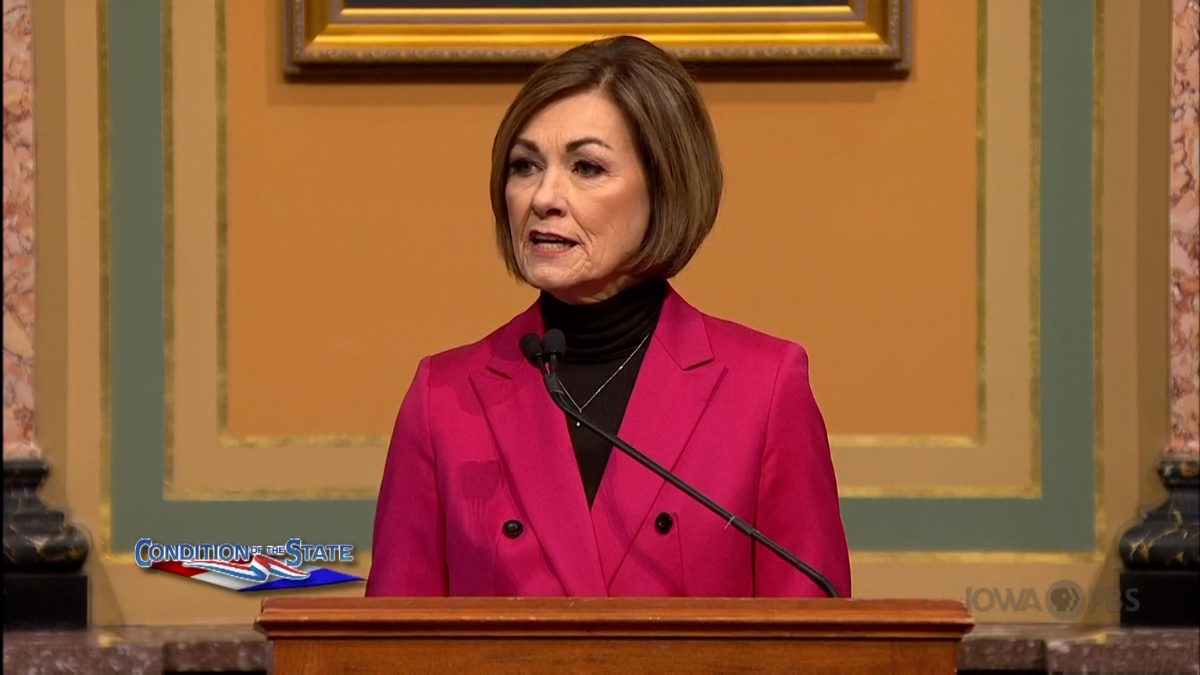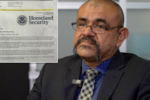As Governor Kim Reynolds’ proposed school cell phone restriction bill gains momentum, school leaders across Iowa are bracing for its potential impact on students, educators, and school policies. The bill, which seeks to limit the use of personal cell phones during school hours, has sparked a lively debate about the role of technology in education and its effects on student behavior, focus, and safety.
Overview of Governor Reynolds’ Bill
Governor Reynolds’ bill, introduced earlier this year, would prohibit students from using their personal cell phones during school hours, except during lunch breaks or in the event of an emergency. The proposal aims to reduce distractions, improve academic performance, and create a more conducive learning environment by limiting students’ access to social media, gaming apps, and other non-educational content during class time.
The bill has garnered significant attention from both supporters and opponents. Proponents argue that limiting cell phone use in schools will help students focus better on their studies and reduce instances of bullying, cheating, and other distractions that can arise from mobile phone use. On the other hand, critics express concerns about how the restriction may impact students’ ability to stay connected with their families, especially during emergencies.
School Leaders’ Response and Preparations
As the bill moves through the legislative process, school leaders are working to prepare for its possible implementation. Many administrators are already revisiting their cell phone policies to ensure they align with the new restrictions if the bill becomes law.
Some districts have already implemented partial restrictions on cell phone use, with guidelines that limit phone usage to certain areas or times. However, the new bill would impose stricter statewide rules, meaning that schools will need to enforce these guidelines consistently across the state. School leaders are particularly concerned about how the restrictions might affect students’ access to educational resources, as many students use their phones to complete assignments, access learning apps, and communicate with teachers.
In response to these concerns, some schools are considering alternatives such as providing students with more access to school-issued devices or exploring new ways to incorporate technology in the classroom without relying on personal phones. Others are planning to invest in additional staff training to ensure that teachers can adapt their lesson plans to work without students’ phones as a resource.
Potential Challenges for Schools
One of the biggest challenges school leaders face in implementing the proposed restrictions is ensuring that students adhere to the new rules. With cell phones being such an integral part of daily life for many students, enforcing the ban during school hours may prove difficult. Schools will need to establish clear procedures for collecting and storing phones during class time, and they may need to invest in new resources or personnel to monitor compliance.
Another concern is how the new restrictions will impact students’ social interactions. For some students, smartphones are a primary means of staying in touch with their peers, and limiting phone use could hinder their ability to participate in social activities. Schools will need to consider how to balance the educational benefits of restricting phones with the need for students to maintain healthy social connections.
Looking Ahead
As the bill continues to make its way through the legislative process, school leaders and parents alike are paying close attention to how it will affect their communities. While some school districts have expressed strong support for the bill, others are calling for more flexibility in how the restrictions are implemented, particularly in districts with students who rely on their phones for safety or communication.
Should the bill pass, schools across Iowa will likely need to implement new policies and procedures to comply with the law. School leaders are preparing for the change, but it is clear that the proposed cell phone restrictions will continue to be a topic of discussion as the state works to find the best balance between technology use and academic focus.
For more detailed coverage on Iowa education policies, visit Iowa Department of Education.
Disclaimer – Our team has carefully fact-checked this article to make sure it’s accurate and free from any misinformation. We’re dedicated to keeping our content honest and reliable for our readers.








